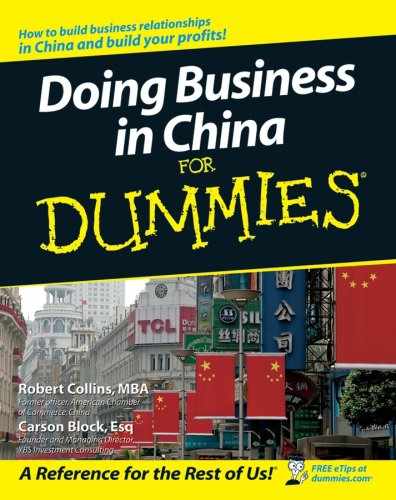Arbitration Clause and Governing Law
When you need to settle a dispute, arbitration is usually cheaper and faster than carrying on lawsuits. Chinese courts almost always enforce arbitration awards, so arbitration is definitely the way to go to secure your right to recover monetary damages. (However, you usually don’t want arbitration if you’re seeking nonmonetary damages, such as an injunction or specific performance.) Selecting the proper arbitration panel is obviously key. That the clause be drafted precisely is similarly important. We discuss arbitration and arbitration clauses in detail in Chapter 17.
Specify a governing law — which country’s law applies to the agreement — in the contract. Governing law should be one of the first considerations the parties discuss because it affects the way the contracts are drafted. Chinese law must govern some types of contracts (such as Sino-foreign joint ventures), but in most other types of agreements, the parties may choose the governing law.
Try not to choose something too quirky, or you’ll have a tough time finding arbitrators versed in that law. Some people wrongly believe choosing the law of “neutral” countries such as Switzerland or Sweden and using them as arbitration forums is a good idea. Choosing either law is fine provided that the lawyer drafting the documents knows Swiss or Swedish law. Otherwise, stick with something that you and the attorneys have knowledge of. Also, the historical neutrality of certain countries has no relationship to their merits as arbitration forums.

The People’s Republic of China (PRC) contract law isn’t anti-foreigner. The issue is that it’s not as comprehensive — the law has holes and gaps. For many run-of-the-mill agreements, PRC law should be fine as your governing law (although you need to confirm that on a case-by-case basis with an attorney).

